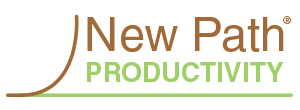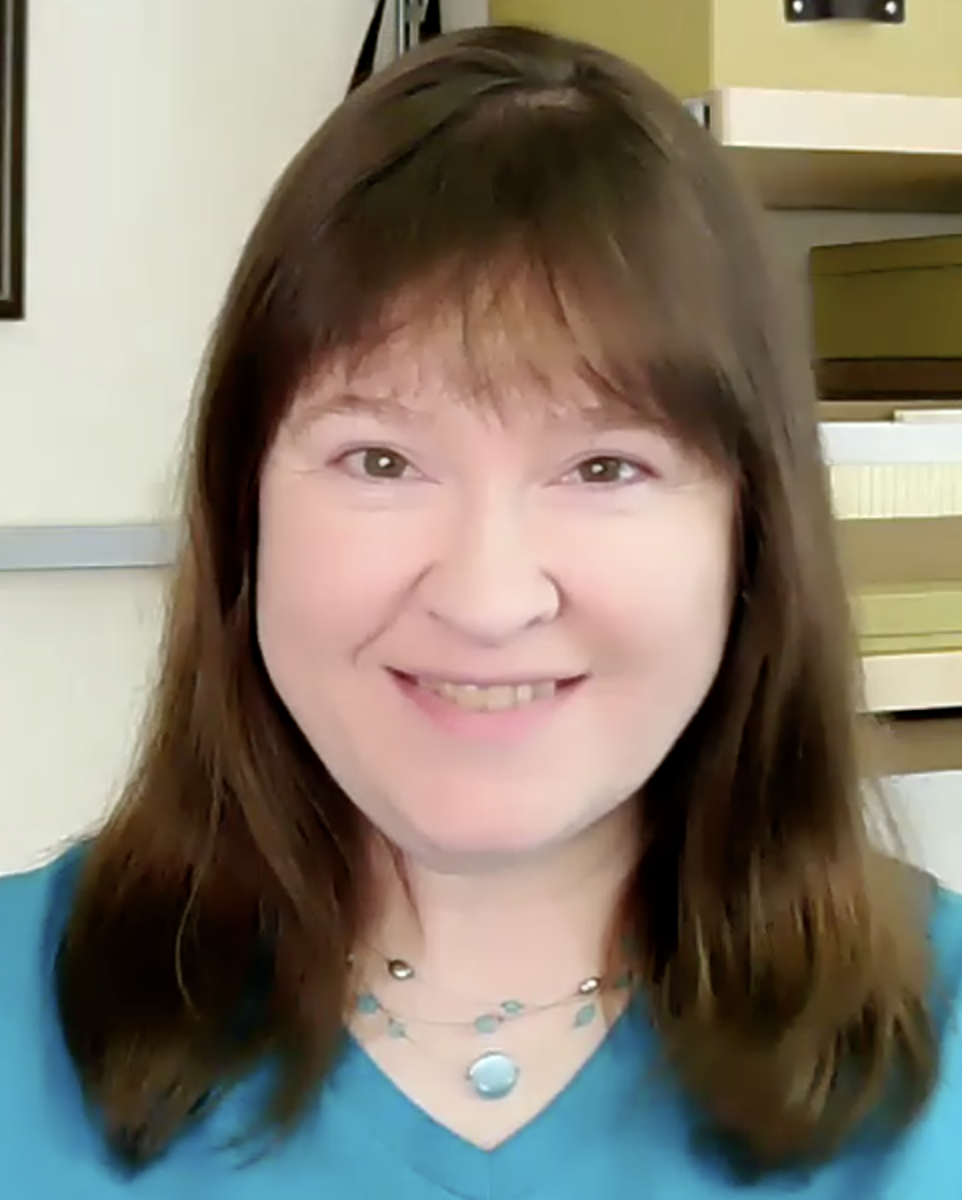|
(2.5 Minute Read or Listen Below)
Have you ever faced a challenge alone, believing you were the only person experiencing such a predicament? Or, perhaps, you were too embarrassed to share your difficulty with others. Recently, my husband and I attended the funeral of his Aunt Mary, who served 62 years as a nun. We witnessed the dedicated care she received from her fellow Sisters as her health declined. And as we celebrated her memory, I felt a heightened appreciation for the sense of community she experienced throughout her life of service.
During her years as a nun, Aunt Mary spent much of her time focused on fundraising and education. Leaning on others for support outside those areas was a necessity, and Aunt Mary was never shy about asking for help. But many of us are reluctant to ask for help.
In today's digital age, it's easier than ever before to have hundreds (maybe even thousands) of "friends" and connections yet still feel isolated. Many of us withdraw as we work through our struggles. And while short-term introspection is not likely problematic, we may find that longer-term withdrawal does not serve us well. We can get stuck. Negative self-talk creeps in as we grow frustrated that we can't solve the problem on our own. In these instances, withdrawal can intensify the situation. The antidote? Consider the power of the community! One of my favorite phrases from Barbara Hemphill is, "Together we are better." Nothing can replace real connection with the exchange of ideas, compassion, and encouragement. We all have strengths, and nobody is proficient in everything. Why not tap into someone else's strengths and experience to improve your situation? You can also share your stories and knowledge to help someone who doesn't possess your strengths. Community resources are all around us. Family and Friends - Sometimes, our own family and friends can be a welcomed source of encouragement and strength. And, in turn, we can be a source for them. Conferences - Many industries hold periodic conferences with subject matter experts providing valuable information. You may be a subject matter expert with insights to share! Conferences are a great way to network and realize others are experiencing similar challenges. They can also provide opportunities to brainstorm and design solutions. Online Communities - There is a multitude of forums and online communities. No doubt, one exists for your areas of interest or challenge. The Productive Environment Network is an excellent example of a supportive online community. Barbara Hemphill, Andrea Anderson, every Certified Productive Environment Specialist (CPES), and all of the Network members from across the globe each bring a different perspective and experience to the group. Meetups - Local meetups are another way to find others with similar interests and questions. Because they usually take place in a social setting, they can be a fun, no-pressure way to exchange ideas and meet new people. Consultants / Coaches - One-on-one guidance may be right for you, or perhaps a group experience with an open exchange of ideas sounds appealing. Consultants and coaches can educate and provide a sense of accountability to help us move forward. No matter your challenge, you don't have to figure out the solution alone. Community can provide tremendous support. When you feel stuck, I encourage you to find a resource that can help. Then, pay it forward and help someone else. Are you facing any productivity challenges right now? Take a couple of minutes to complete a personal Productive Environment™ Scorecard or let me know in the comments below.
0 Comments
Your comment will be posted after it is approved.
Leave a Reply. |
Kathy Muzik
|
New Path Productivity®, LLC provides worldwide virtual and Chicagoland onsite services for individuals and businesses to increase productivity
through organization and management of resources (e.g., energy, information, people, processes, space, and time).
through organization and management of resources (e.g., energy, information, people, processes, space, and time).
|
|
Phone847.748.0144
|
AddressPO Box 162
Highland Park, IL 60035 |
Privacy Policy Terms of Use
New Path Productivity®, LLC © 2015 - 2024 All Rights Reserved
New Path Productivity®, LLC © 2015 - 2024 All Rights Reserved



 RSS Feed
RSS Feed
